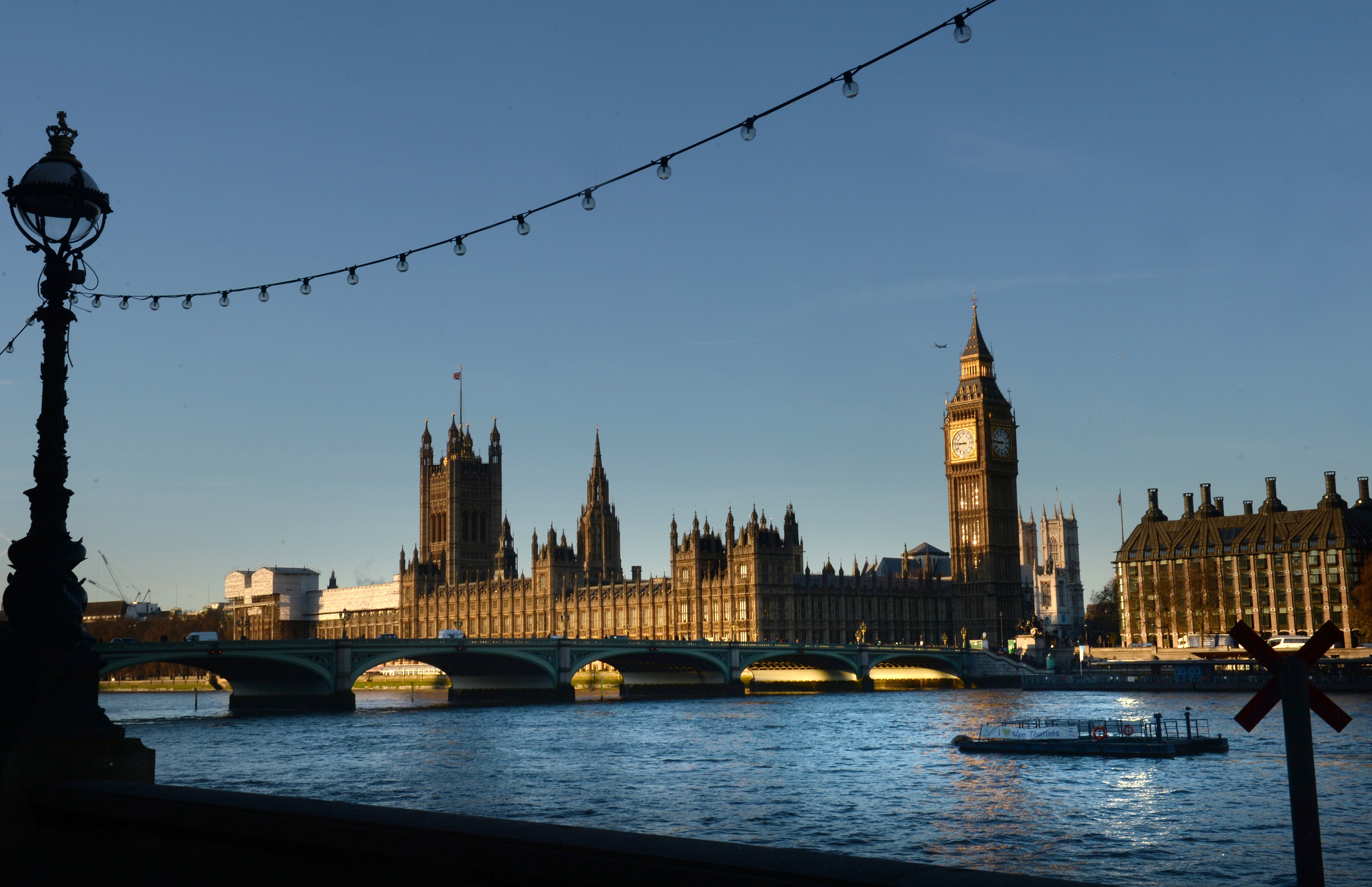MPs back away from restrictions on second jobs
The Commons Standards Committee said there is no political consensus on changing the current rules.

Your support helps us to tell the story
From reproductive rights to climate change to Big Tech, The Independent is on the ground when the story is developing. Whether it's investigating the financials of Elon Musk's pro-Trump PAC or producing our latest documentary, 'The A Word', which shines a light on the American women fighting for reproductive rights, we know how important it is to parse out the facts from the messaging.
At such a critical moment in US history, we need reporters on the ground. Your donation allows us to keep sending journalists to speak to both sides of the story.
The Independent is trusted by Americans across the entire political spectrum. And unlike many other quality news outlets, we choose not to lock Americans out of our reporting and analysis with paywalls. We believe quality journalism should be available to everyone, paid for by those who can afford it.
Your support makes all the difference.MPs have drawn back from calls to limit the amount of time they can spend on second jobs due to a lack of political consensus on change to the current system.
The Commons Standards Committee sought views on whether restrictions should be placed on MPs’ outside earnings in a review of the MPs’ Code of Conduct last November.
It followed the outcry over the disclosures that Tory Owen Paterson broke the ban on paid lobbying by MPs while Sir Geoffrey Cox earned more than £950,000 last year nearly from his work as a lawyer.
The Government provoked outrage from opposition parties – who back some form of restrictions – when it came out earlier this year against the move.
In its final report the committee said that without cross-party agreement on reform, the system should stay as it is.
“We concluded in our November 2021 report that a ‘significant change’ in the ability of Members to hold outside interests ‘should only be implemented with broad cross-party support,'” it said.
“We have detected no such support in evidence received to our consultation.”
The committee’s final report does include a number of recommendations for tightening the rules at Westminster, including outright ban on MPs providing paid parliamentary advice, consultancy or strategy services.
MPs who take on outside work would have to have a written contract which explicitly states that their duties cannot include lobbying ministers or officials or providing advice on how to influence Parliament.
Ministers would have to declare any benefits and hospitality they receive in the course of their ministerial duties in the Register of Members’ Interests and not just in the government “transparency” declarations.
At the same time, a new “safe harbour” provision for MPs would mean they could not be held responsible for inadvertent breaches of the rules if they were following advice from the relevant authorities.
However a proposal to ban MPs from making “unreasonable and excessive personal attacks in any medium” has been put on hold.
The proposal – which was primarily aimed at the “abusive use” of social media – could have led to MPs accused of breaking it facing investigation by the Parliamentary Commissioner for Standards leading to possible sanctions.
In its final report, the committee said a number of MPs had raised concerns about the “chilling effect” it could have on freedom of speech.
“Although we are confident that Members have no intention of encouraging or licencing unreasonable and excessive personal attacks, we think that further consideration needs to be given to the implications of introducing such a new rule,” it said.
The last year has shown that the public cares passionately about standards in Parliament – and so do MPs
Instead, it said it would look again at the issue as part of a wider inquiry it intends to hold later this year into “the tone of political debate, intimidation, misogyny and how parties conduct their campaigning”.
The committee chairman, Chris Bryant, urged MPs to read the report in full and to back the recommendations when they come to the Commons for a final decision.
“The last year has shown that the public cares passionately about standards in Parliament – and so do MPs,” he said.
“These proposals, if accepted, will not only improve checks and balances on MPs, and shine a light on any wrongdoing, but will also provide new clarity and support to MPs to avoid inadvertent breaches of the rules.
“Every generation of MPs holds membership of the House in trust for the next generation. It can either burnish the House’s reputation or tarnish it.”
A Government spokesman said they would “carefully consider” the committee’s recommendations.
“The Government is supportive of the proposals to strengthen and clarify the rules on lobbying and prohibit MPs from undertaking paid parliamentary services, to ensure that parliamentary duties always take priority,” the spokesman said.
“Any changes must be taken forward on a cross-party basis, in order to ensure a standards system that is robust, fair and has the backing of the public and MPs alike.”